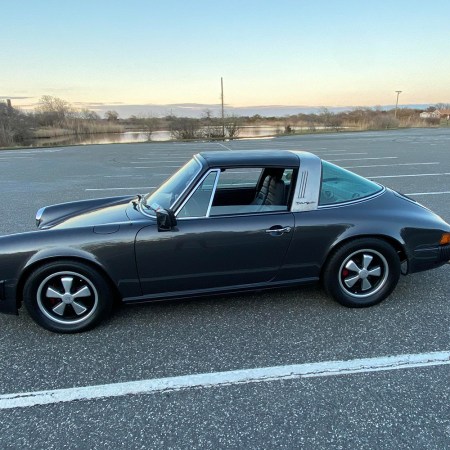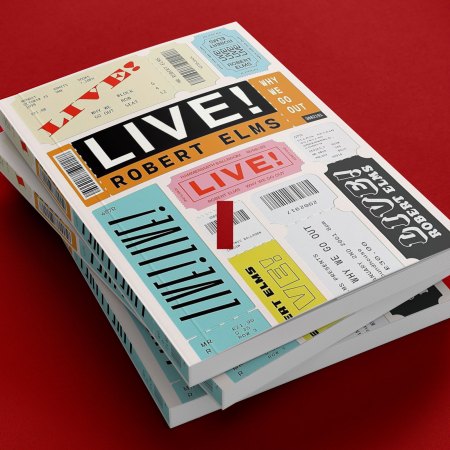When people think bare-knuckle boxing they think Snatch. They think Fight Club. Maybe they heard something about bouts hosted by the mafia or other bad men in back rooms. As an art form, bare-knuckle boxing is reserved for the toughest of the tough. The matches have rules (Three-minute rounds. Fighters are matched up by weight class. Just fists, no kicks/no elbows, and nothing below the belt,) that elevate the competitions above street fights but at its core, the challenge is simple in its brutality. Two men are punching each other. The winner is the one who is better at punching.
Bare-knuckle boxing has a rich history, particularly within the United Kingdom. Unregulated fights have taken place across Britain for centuries. There has been excellent coverage on the underground boxing scene, including the superb documentary Knuckle covering the generational feud between several boxing Irish families competing in the scene, but as combat sports become more popular one promotion is attempting to bring bare-knuckle boxing to the mainstream.
BKB is a United Kingdom-based company hosting officially sanctioned bare-knuckle boxing events. The cards have drawn huge crowds to watch the fights and partake in the adrenaline-soaked atmosphere. Ahead of the latest event, BKB 10 happening March 24th in Liverpool at the Echo Area, we had a chance to chat with the promotion’s newest commentator and expert fight analyst Robin Black. Black walked us through the appeal of the sport, how it differentiates from regular boxing and MMA, and who we should look out for in the next fights. You can read our conversation below:
Graham Isador: My first thoughts when I hear bare-knuckle boxing immediately goes to movie montage. But speaking with you I’ve learned a bit about the sport’s rich history. Can you walk me through some of that?
Robin Black: People think of Fight Club and Snatch and gangsters fighting on docs because of the modern working-class history of this incredible art form. But, truly, the history of bare-knuckle boxing is essentially the history of mankind:
There’s a modern American bare-knuckle period, which was part of the evolution of contemporary boxing as we know it. Before that, the Golden Age of modern bare-knuckle was beautifully expressed in the visceral belly of working-class Britain by the toughest blue collar Brits, the grittiest Irish Travellers and visceral neighborhood hooligans. But, truthfully, bare-knuckle goes all the way back. It was an Olympic sport in 616 BC, with leather straps on the fists. The first records of boxing go back to the Minoan period around 1800 BCE give-or-take.
The first way that our ancestors competed was probably with the fists. You wonder why people like watching other people fight? It’s a trickle-down of something we have literally always done. In the history of fighting, you can find the history of us. Bare-knuckle is maybe the easiest way to see that.
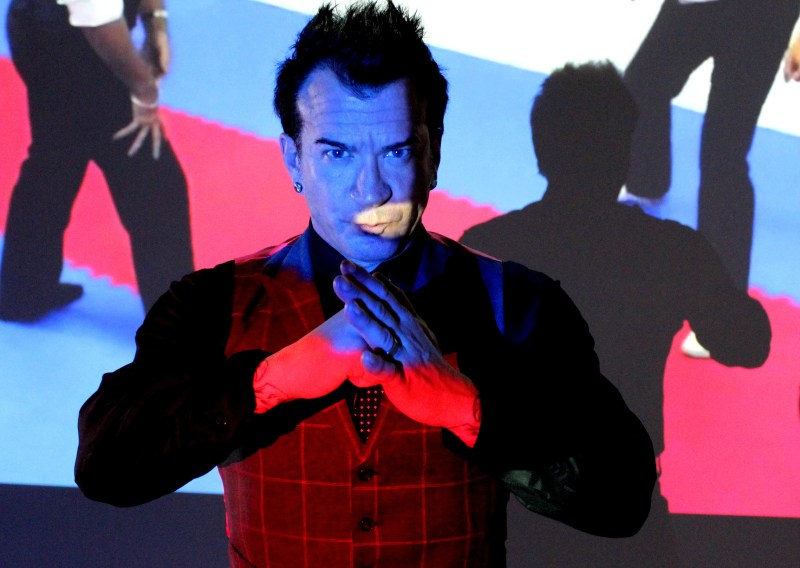
You briefly mentioned the British roots of the sport. Why do you think it has such a lasting appeal in the UK?
It is history that binds Britain and Ireland to bare-knuckle boxing, but it is also the inherent toughness of the people and the pride of the working class. Today, for me, bare-knuckle boxing is a British sport. I am so proud to try to share the beauty of this competitive art form with mainstream combat sports fans across the world.
Aside from the rules how do the events hosted by BKB differentiate from modern boxing or MMA?
The team at BKB are first and foremost lovers of pure combat, and bare-knuckle boxing is the purest form of combat there is. They have found the perfect balance; they have legalized a brilliant and historically important sport while keeping it pure and true to its individuality and roots.
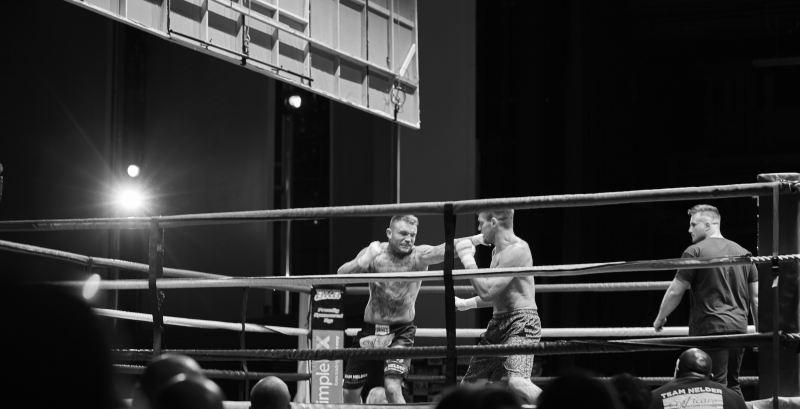
As a fight analyst can you break down the difference between getting hit with a glove compared to hit with a raw fist?
This is a massive difference in many ways. Here are just a few:Weapon Durability: the bare fist is unprotected; it takes damage when it comes into contact with the rigid bones of the skull. The bones of the fist are small and breakable. Over time, the bare-knuckle boxer develops micro-breaks in training and then heals stronger and can take more damage. It’s a fascinating way the body adapts.
There are 14 knuckles on the hand but, really, the bare-knuckle boxer would prefer to make contact with only two; the big knots where the first and second fingers connect to the hand. But, due to the nature of combat, the other 12 make contact and take damage. This makes it harder to use your weapons as the match goes on. It’s a fascinating conundrum- the harder you hit early, perhaps, the harder it will be to strike later.
Targeting: the bare fists strike the targets differently. In standard boxing, the pounds-per-square-inch are spread out over the entire glove. In BKB, when punches land clean with the 2 knuckles, that force is focused on a tinier area and is far more damaging.
Size: without the gloves, the weapons are smaller. The skilled bare-knuckle fighter can land his weapons in Mach smaller openings. Under the armpit. Between the V of the elbow. Behind the guard. It’s is a completely different game to attack and defend. I could go on for days about this, but that gives you a general idea.
The BKB 10 event, happening March 24th in Liverpool, is your first time commentating with the promotion. Who are you excited to see?
Keep an eye on Michael Ferry. He’s the 27-year-old undefeated bare-knuckle boxing champion. He blends tradition and modernity beautifully. He has a tough challenger in the rugged Josh Burns. All of Josh’s BOB wins are by knockout. Fun fight! I’m pumped to see New York bad ass Phil Baroni tangle with Goran Reljic too! Phil is an original of the UFC and Goran is one of the greats from Eastern Europe. So excited for this one!
One of the things I’ve always enjoyed about your commentary is your ability to take fighting beyond fighting. If people were on the fence about the brutality of bare-knuckle boxing how would you sell them on it?
I’m stoked to contribute commentary for BKB in Liverpool! To me, martial combat is the purest and most beautiful art form. Bare-knuckle boxing is as honest as combat gets. It is my calling to study combat and share with the viewer what I find; to enrich the experience of watching these men compete with everything they have. I want to do justice to these fighter’s craft, and share the fascinating elegance and vulgarity of pure combat with the audience. I cannot wait.
Whether you’re looking to get into shape, or just get out of a funk, The Charge has got you covered. Sign up for our new wellness newsletter today.
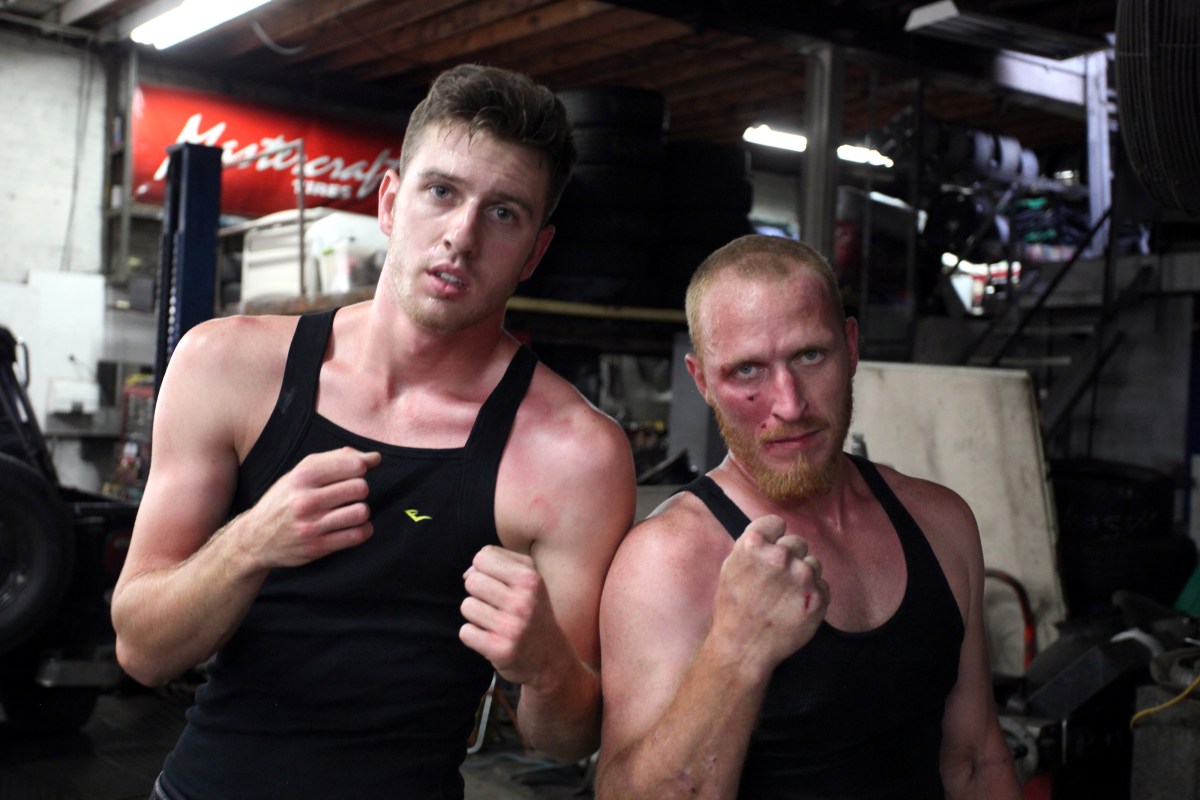
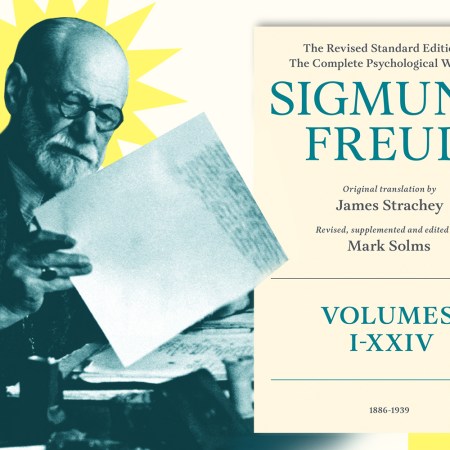
![[L-R] Bill Berry, Michael Stipe, Mike Mills and Peter Buck of R.E.M. at the Aragon Ballroom in Chicago, Illinois on July 7, 1984.](https://www.insidehook.com/wp-content/uploads/2024/12/rem-book-interview.jpg?resize=450%2C450)
